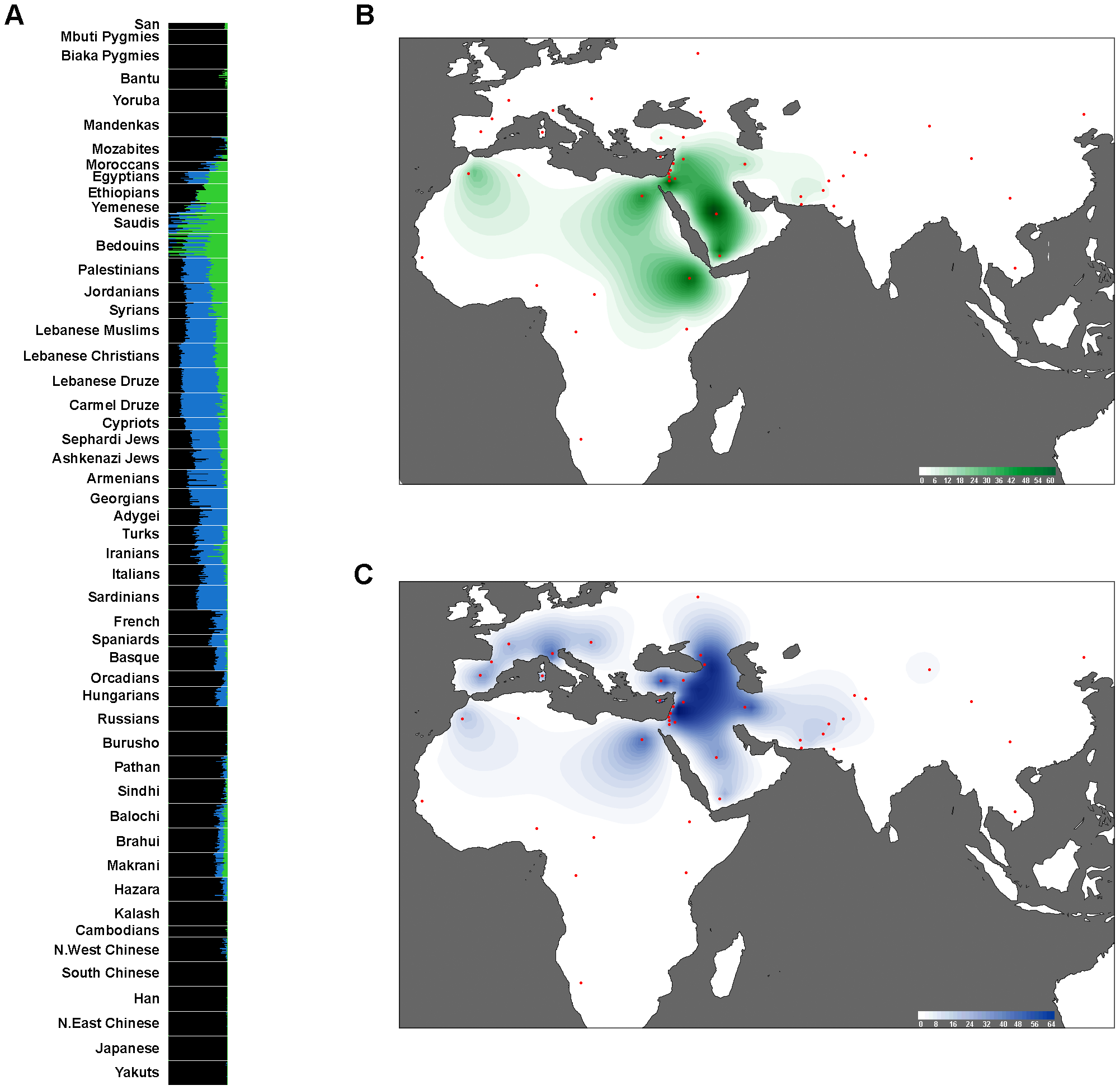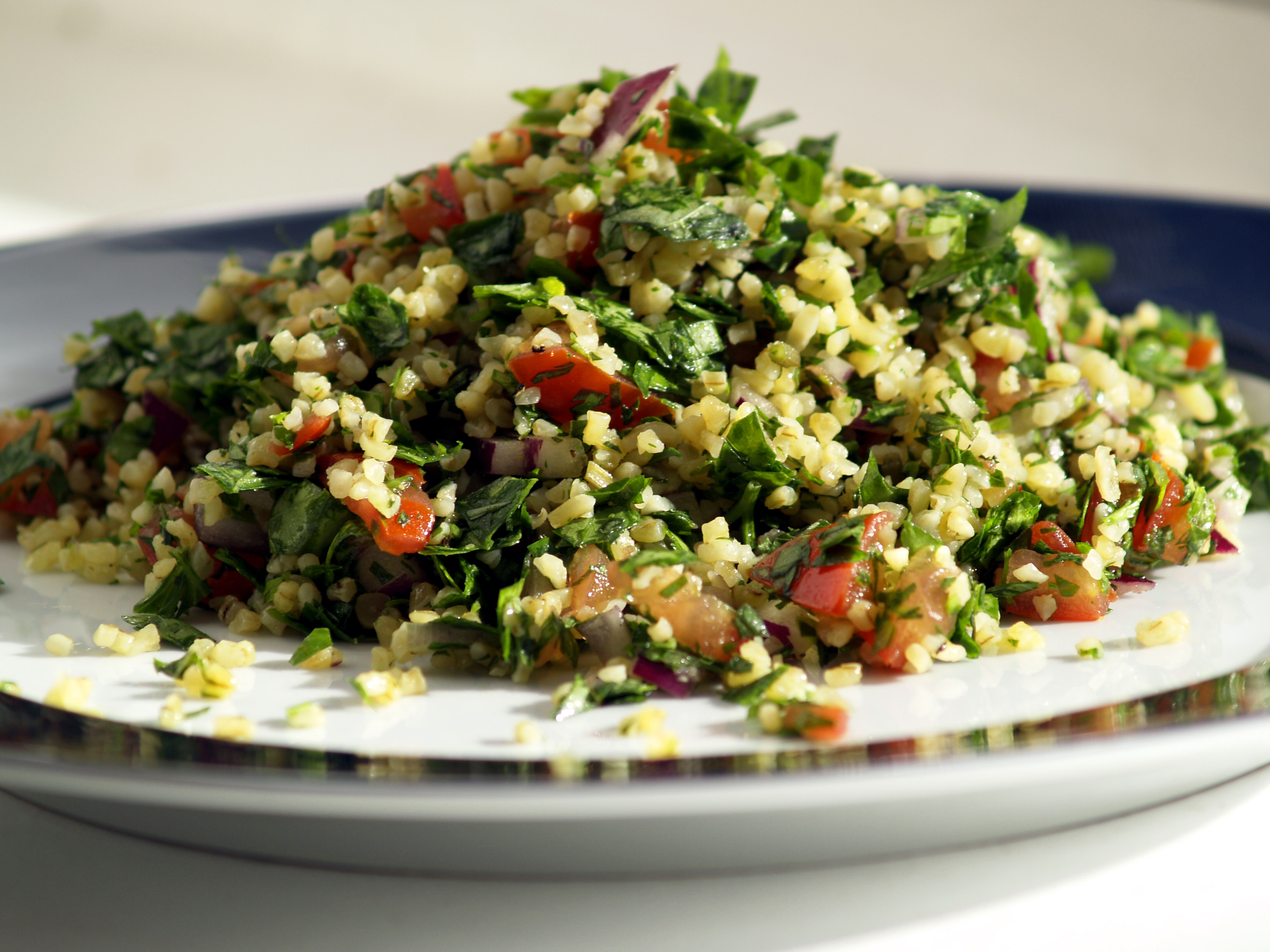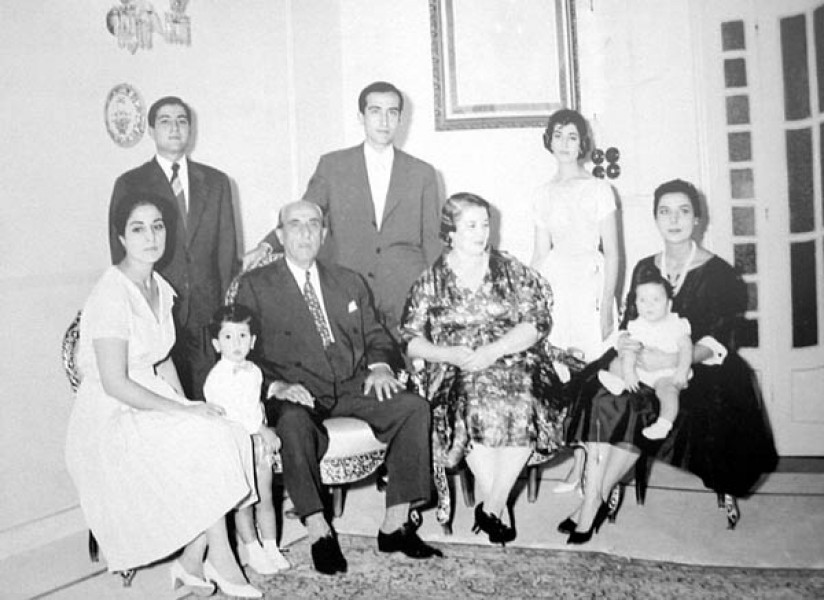|
Rosa Yaseen Hasan
Rosa Yaseen Hassan ( ar, روزا ياسين حسن) is a Syrian novelist and writer. She was born in Damascus in 1974 and studied architecture at university. Upon graduation in 1998, she worked as a journalist, writing for various Syrian and Arabic periodicals. Her first published book was a collection of short stories, published in 2000 under the title ''A Sky Tainted with Light''. She has also written a number of novels, starting with ''Ebony'' (2004) which won the Hanna Mina Prize. Her third novel ''Hurras al-Hawa'' (''Guardians of the Air'', 2009) was longlisted for the Arabic Booker Prize. In 2009, Hassan was chosen as one of the Beirut39, a group of 39 Arab writers under the age of 40 chosen through a contest organised by Banipal magazine and the Hay Festival The Hay Festival of Literature & Arts, better known as the Hay Festival ( cy, Gŵyl Y Gelli), is an annual literature festival held in Hay-on-Wye, Powys, Wales, for 10 days from May to June. Devised by Norman, Rho ... [...More Info...] [...Related Items...] OR: [Wikipedia] [Google] [Baidu] |
Rosa
Rosa or De Rosa may refer to: People *Rosa (given name) * Rosa (surname) *Santa Rosa (female given name from Latin-a latinized variant of Rose) Places *223 Rosa, an asteroid *Rosa, Alabama, a town, United States * Rosa, Germany, in Thuringia, Germany *Rösa, a village and former municipality in Saxony-Anhalt, Germany *Rosà a town in the province of Vicenza, Veneto, Italy *Monte Rosa, the second highest mountain in the Alps and Western Europe * Republic of South Africa, a southernmost country in Africa. Film and television * ''Rosa'' (1986 film), a Hong Kong film released by Bo Ho Films *''Rosa – A Horse Drama'', a 1993-94 opera by Louis Andriessen on a libretto by Peter Greenaway * "Rosa" (''Doctor Who''), an episode of the eleventh series of ''Doctor Who'' Music *De Rosa (band), a band from Scotland *"Rosa", a song by Anitta and Prince Royce from the album ''Kisses'', 2019 *"Rosa", a song by Jacques Brel *"Rosa", a song by J Balvin from ''Colores'', 2020 Vehicles *, a U ... [...More Info...] [...Related Items...] OR: [Wikipedia] [Google] [Baidu] |
Syrian Women Journalists
Syrians ( ar, سُورِيُّون, ''Sūriyyīn'') are an Eastern Mediterranean ethnic group indigenous to the Levant. They share common Levantine Semitic roots. The cultural and linguistic heritage of the Syrian people is a blend of both indigenous elements and the foreign cultures that have come to inhabit the region of Syria over the course of thousands of years. The mother tongue of most Syrians is Levantine Arabic, which came to replace the former mother tongue, Aramaic, following the Muslim conquest of the Levant in the 7th century. The conquest led to the establishment of the Caliphate under successive Arab dynasties, who, during the period of the later Abbasid Caliphate, promoted the use of the Arabic language. A minority of Syrians have retained Aramaic which is still spoken in its Eastern and Western dialects. In 2018, the Syrian Arab Republic had an estimated population of 19.5 million, which includes, aside from the aforementioned majority, ethnic minorities such as ... [...More Info...] [...Related Items...] OR: [Wikipedia] [Google] [Baidu] |
Syrian Alawites
Syrians ( ar, سُورِيُّون, ''Sūriyyīn'') are an Eastern Mediterranean ethnic group indigenous to the Levant. They share common Levantine Semitic roots. The cultural and linguistic heritage of the Syrian people is a blend of both indigenous elements and the foreign cultures that have come to inhabit the region of Syria over the course of thousands of years. The mother tongue of most Syrians is Levantine Arabic, which came to replace the former mother tongue, Aramaic, following the Muslim conquest of the Levant in the 7th century. The conquest led to the establishment of the Caliphate under successive Arab dynasties, who, during the period of the later Abbasid Caliphate, promoted the use of the Arabic language. A minority of Syrians have retained Aramaic which is still spoken in its Eastern and Western dialects. In 2018, the Syrian Arab Republic had an estimated population of 19.5 million, which includes, aside from the aforementioned majority, ethnic minorities such as ... [...More Info...] [...Related Items...] OR: [Wikipedia] [Google] [Baidu] |
Writers From Damascus
A writer is a person who uses written words in different writing styles and techniques to communicate ideas. Writers produce different forms of literary art and creative writing such as novels, short stories, books, poetry, travelogues, plays, screenplays, teleplays, songs, and essays as well as other reports and news articles that may be of interest to the general public. Writers' texts are published across a wide range of media. Skilled writers who are able to use language to express ideas well, often contribute significantly to the cultural content of a society. The term "writer" is also used elsewhere in the arts and music, such as songwriter or a screenwriter, but also a stand-alone "writer" typically refers to the creation of written language. Some writers work from an oral tradition. Writers can produce material across a number of genres, fictional or non-fictional. Other writers use multiple media such as graphics or illustration to enhance the communication of the ... [...More Info...] [...Related Items...] OR: [Wikipedia] [Google] [Baidu] |
Syrian Short Story Writers
Syrians ( ar, سُورِيُّون, ''Sūriyyīn'') are an Eastern Mediterranean ethnic group indigenous to the Levant. They share common Levantine Semitic roots. The cultural and linguistic heritage of the Syrian people is a blend of both indigenous elements and the foreign cultures that have come to inhabit the region of Syria over the course of thousands of years. The mother tongue of most Syrians is Levantine Arabic, which came to replace the former mother tongue, Aramaic, following the Muslim conquest of the Levant in the 7th century. The conquest led to the establishment of the Caliphate under successive Arab dynasties, who, during the period of the later Abbasid Caliphate, promoted the use of the Arabic language. A minority of Syrians have retained Aramaic which is still spoken in its Eastern and Western dialects. In 2018, the Syrian Arab Republic had an estimated population of 19.5 million, which includes, aside from the aforementioned majority, ethnic minorities such as ... [...More Info...] [...Related Items...] OR: [Wikipedia] [Google] [Baidu] |
Syrian Women Short Story Writers
Syrians ( ar, سُورِيُّون, ''Sūriyyīn'') are an Eastern Mediterranean ethnic group indigenous to the Levant. They share common Levantine Semitic roots. The cultural and linguistic heritage of the Syrian people is a blend of both indigenous elements and the foreign cultures that have come to inhabit the region of Syria over the course of thousands of years. The mother tongue of most Syrians is Levantine Arabic, which came to replace the former mother tongue, Aramaic, following the Muslim conquest of the Levant in the 7th century. The conquest led to the establishment of the Caliphate under successive Arab dynasties, who, during the period of the later Abbasid Caliphate, promoted the use of the Arabic language. A minority of Syrians have retained Aramaic which is still spoken in its Eastern and Western dialects. In 2018, the Syrian Arab Republic had an estimated population of 19.5 million, which includes, aside from the aforementioned majority, ethnic minorities such as ... [...More Info...] [...Related Items...] OR: [Wikipedia] [Google] [Baidu] |
Syrian Women Novelists
Syrians ( ar, سُورِيُّون, ''Sūriyyīn'') are an Eastern Mediterranean ethnic group indigenous to the Levant. They share common Levantine Semitic roots. The cultural and linguistic heritage of the Syrian people is a blend of both indigenous elements and the foreign cultures that have come to inhabit the region of Syria over the course of thousands of years. The mother tongue of most Syrians is Levantine Arabic, which came to replace the former mother tongue, Aramaic, following the Muslim conquest of the Levant in the 7th century. The conquest led to the establishment of the Caliphate under successive Arab dynasties, who, during the period of the later Abbasid Caliphate, promoted the use of the Arabic language. A minority of Syrians have retained Aramaic which is still spoken in its Eastern and Western dialects. In 2018, the Syrian Arab Republic had an estimated population of 19.5 million, which includes, aside from the aforementioned majority, ethnic minorities such as ... [...More Info...] [...Related Items...] OR: [Wikipedia] [Google] [Baidu] |





